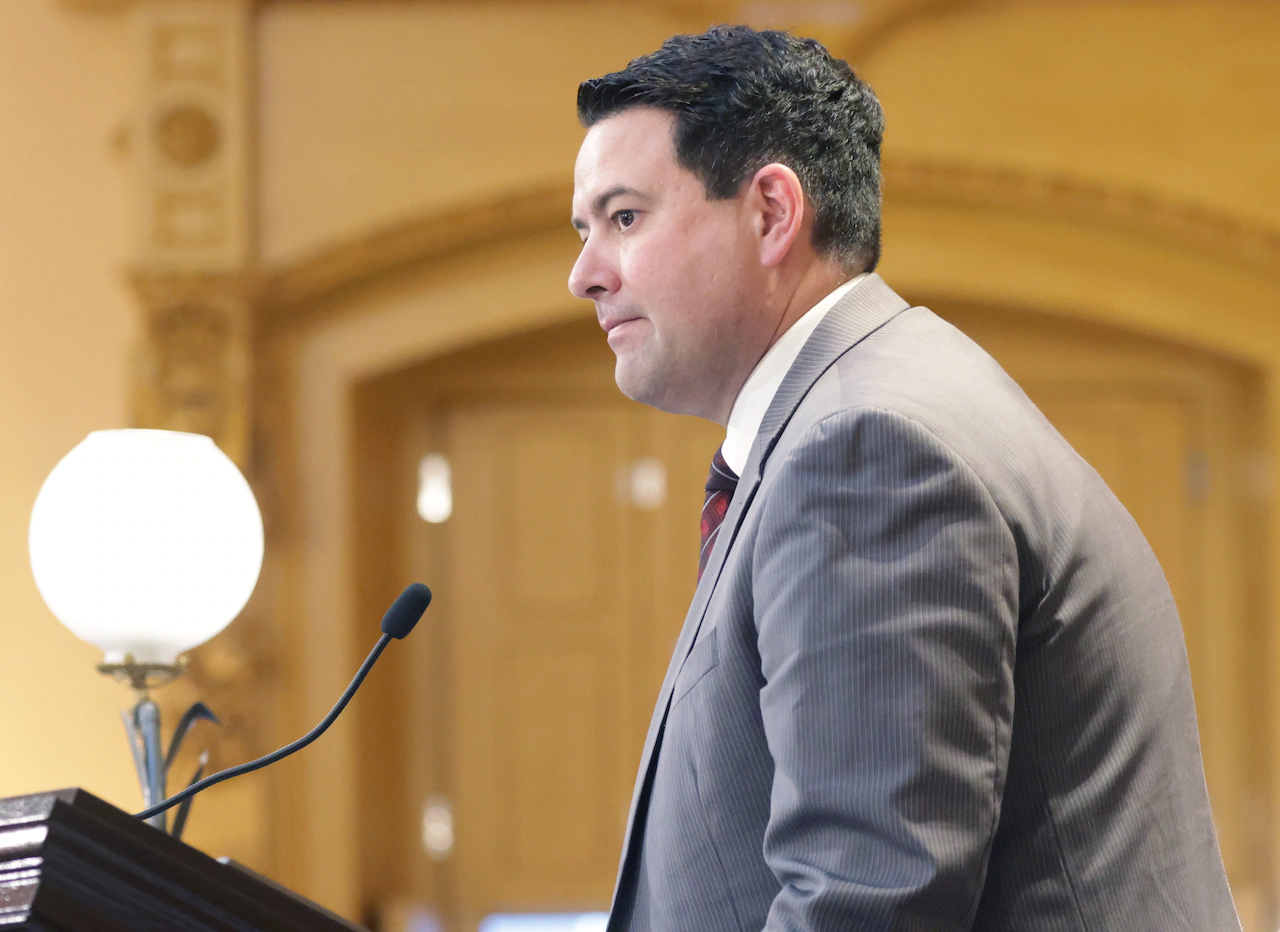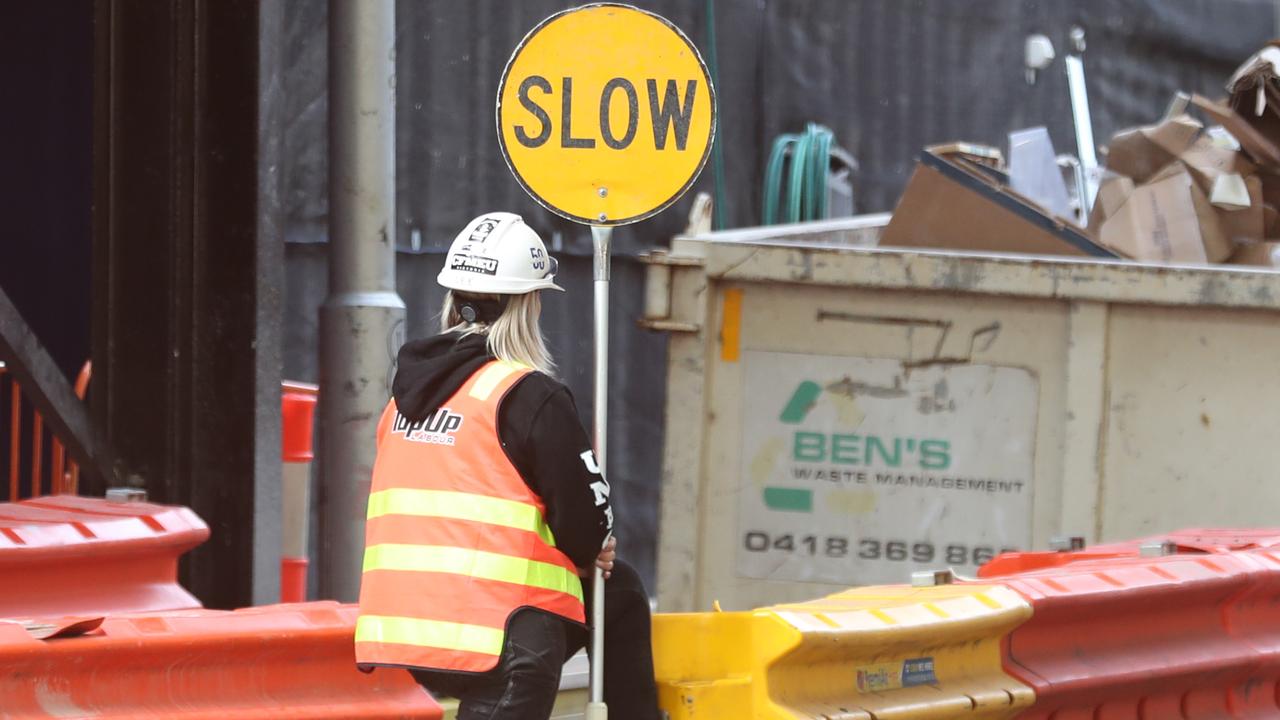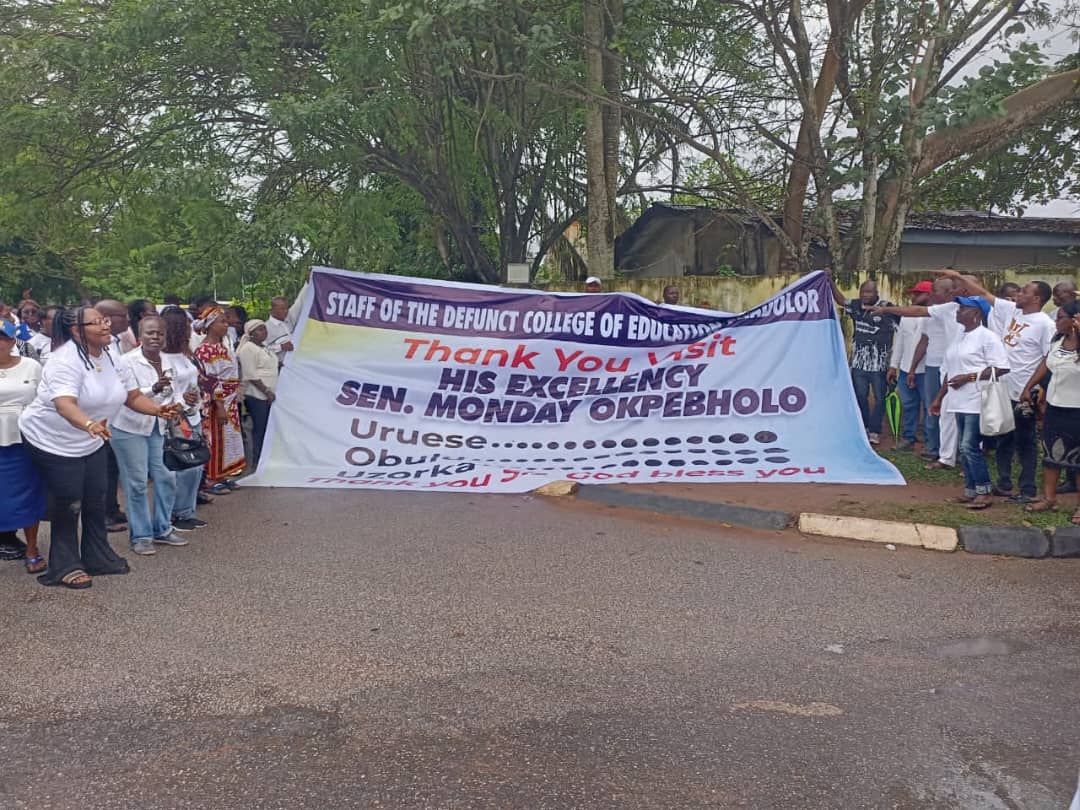Ohio Senate overrides DeWine veto, eliminates 3 property tax levies GOP says confuse voters

COLUMBUS, Ohio — Ohio Republicans are pressing forward with overriding Gov. Mike DeWine’s property-tax reform vetoes less than 24 hours after his work group recommended their ideas be moderated rather than embraced.
The Senate voted 21 to 11 on Wednesday to eliminate three types of property-tax levies.
And House Speaker Matt Huffman, a Lima Republican, told reporters he expects to override two more budget vetoes by the end of October.
“The group essentially said the House is right,” Huffman said, adding that the report gives his side extra credibility as they push ahead.
Senate Minority Leader Nickie Antonio, a Lakewood Democrat, disagreed.
She said the work group suggested compromises, while the budget, which passed without Democratic support, did not.
“I would love to see us embrace those recommendations rather than just continuing to override his vetoes,” she said.
Levy limits move forward
In 90 days, school districts and local governments will no longer be able to ask voters for emergency, substitute or replacement levies.
Emergency levies collect a fixed dollar amount for a set time. Substitute levies replace them while adding extra dollars from any new homes built. Replacement levies renew an existing tax rate but let schools or other entities take that from updated home values.
Together, they generate more than $1.3 billion a year for Ohio’s school, according to education finance expert Howard Fleeter.
But Republicans argue they confuse voters.
“There are districts that have had emergency levies on for 40 years,” Senate President Rob McColley, a Henry County Republican, said. “And you have to ask yourself, what is the emergency?”
He and others also think the word “emergency” makes voters more likely to approve them.
“There are so many people who confuse replacement levies with renewal levies,” Sen. Sandra O’Brien said. “Renewal levies are the only levies that will not raise your property taxes.”
Democrats said eliminating them goes too far and could put districts in real financial peril if a roof collapses.
“I honestly don’t know what they will do or what hoops they will have to jump through to be able to address an emergency like that going forward,” Antonio said.
DeWine’s work group suggested allowing emergency levies for districts under fiscal watch or emergency, or when an “act of God” occurs.
More override votes to come
Huffman didn’t have the 60 votes he needed to override two property tax vetoes in July but says he’s getting there now.
The first would let county budget commissions cut back levies when revenues run higher than expected.
DeWine’s group agreed but said there should be guardrails — such as waiting five years after a levy passes (or two years after a renewal) before reducing it and spelling out what counts as “unnecessary” or “excessive.”
The second would cap how much schools can carry over at 40% of their annual operating budget. The work group recommended raising that cap to 100% and letting districts argue for more if needed.
Any attempt to override must start in the House, but there is support in the Senate.
“I hope the House continues to override on all of those vetoes because we have to do what we can to help out,” said Sen. Andrew Brenner, a Delaware County Republican.
House Minority Leader Dani Issacsohn, a Cincinnati Democrat, took the opposite view.
He said the state needs to use its own dollars to ease the burden on homeowners, and he dismissed much of the work group’s report as “gimmicks” and “more of the same.”
“Gimmicks that will not actually lead to cash in people’s pockets and don’t solve the underlying problem,” he said. “The real problem is that we rely on property taxes to pay for too much of our public services.”



